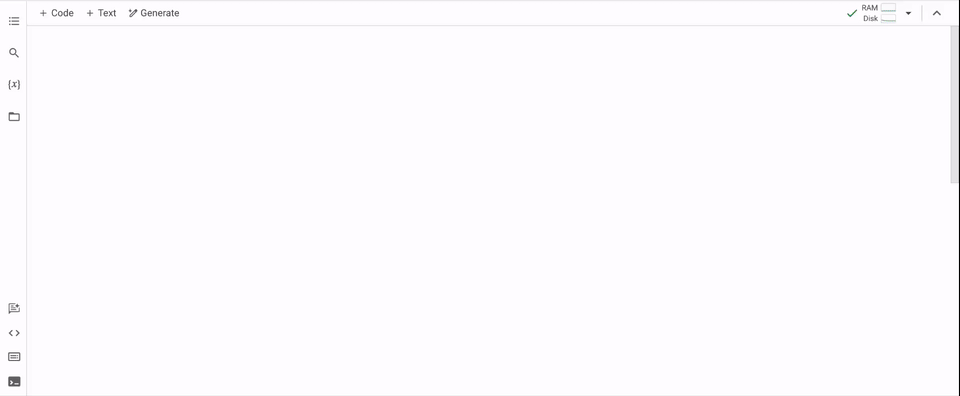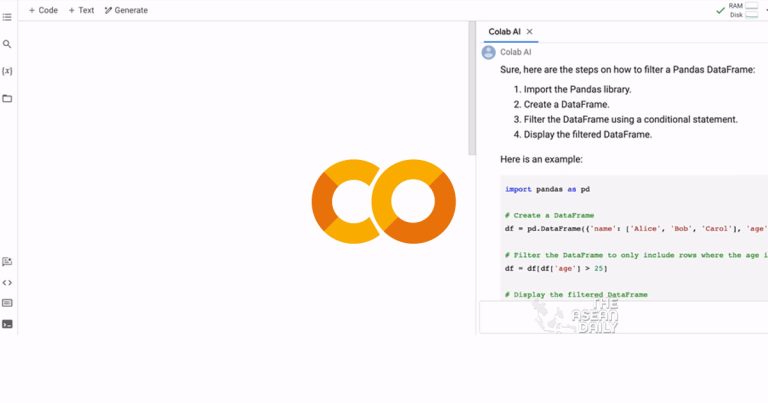24-5-2023 Google’s efforts in the field of generative AI have faced stiff competition from OpenAI’s ChatGPT, which has gained popularity and even found its way into Microsoft’s Bing Mobile and Skype apps. The availability of ChatGPT to the masses reportedly caused internal concern within Google, leading to a “code red” situation, as indicated in a December 2022 report. While ChatGPT has been supporting coding for some time, Google’s own AI model, Bard, was late to join the party. However, Google has recently taken steps to catch up by expanding AI coding capabilities to its cloud-based Python development environment, Google Colab.
The latest updates to Google Colab include a dedicated chatbot designed to assist users in the coding process and the ability to generate code using natural language. In an official announcement, Google introduced these features, which are powered by Codey, a generative AI model specifically focused on coding. Codey, based on PaLM 2, was extensively discussed at the recently concluded I/O 2023 conference. Initially, Codey models within Colab will be available to users in the United States, with a primary emphasis on code generation. Google claims that this integration can significantly improve programming speed, quality, and comprehension, eliminating the need to repeatedly type the same code. Eligible Colab users will soon notice the presence of a “Generate” button alongside a text prompt box.

In addition to code generation, Google is also preparing to introduce a new chatbot to Colab, although the rollout timeline for this feature has yet to be specified. The chatbot is expected to respond to basic queries related to coding, catering to beginners and professionals alike. Users can seek assistance on topics such as importing data from Google Sheets or filtering a Pandas DataFrame, enhancing their AI experience.
Furthermore, paying subscribers of Colab will soon benefit from autocomplete suggestions while typing code, reducing the number of keystrokes required, particularly when dealing with large amounts of code.
Google plans to gradually roll out these features to paying customers in the United States over the coming months. The company aims to expand availability to other regions in due course and eventually extend access to free subscribers of Colab as well.




